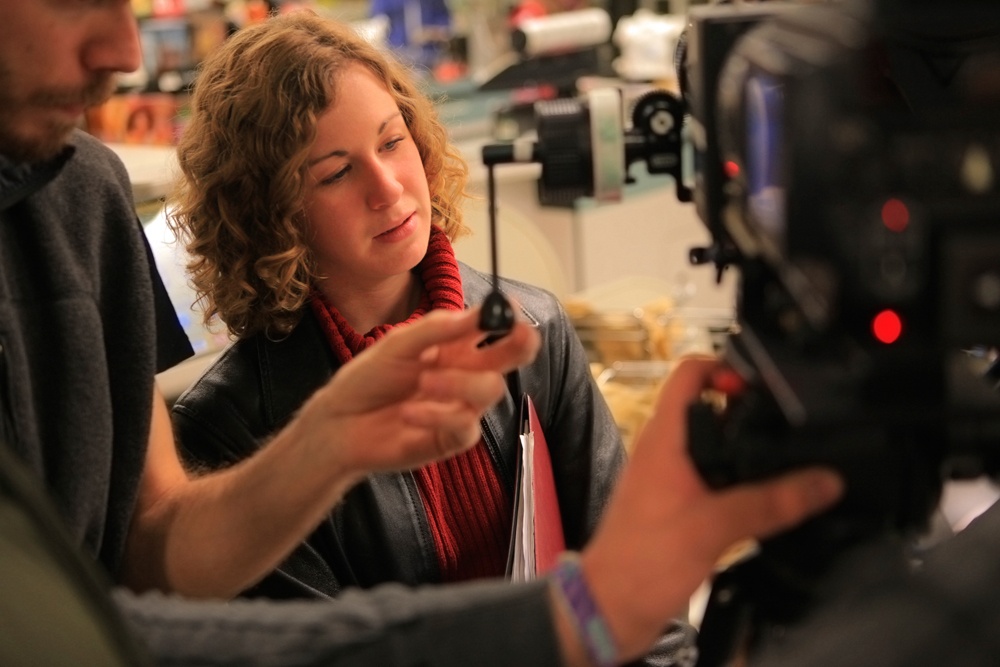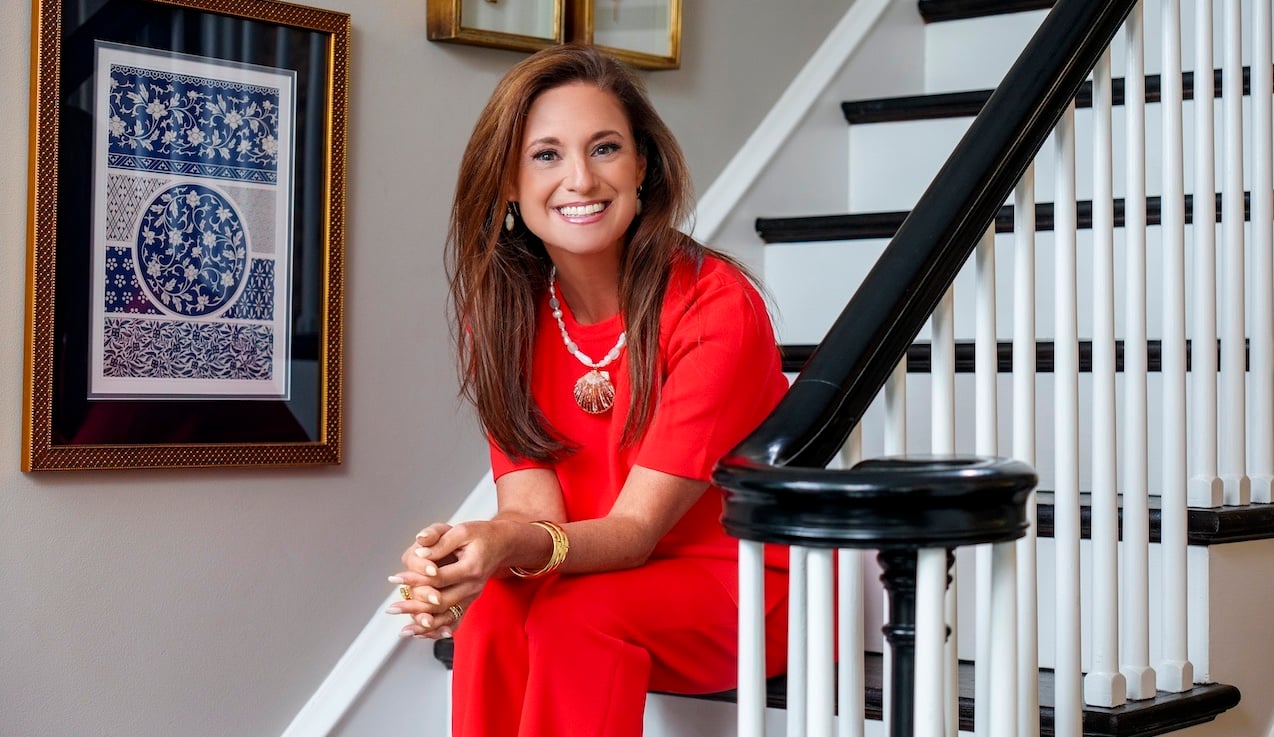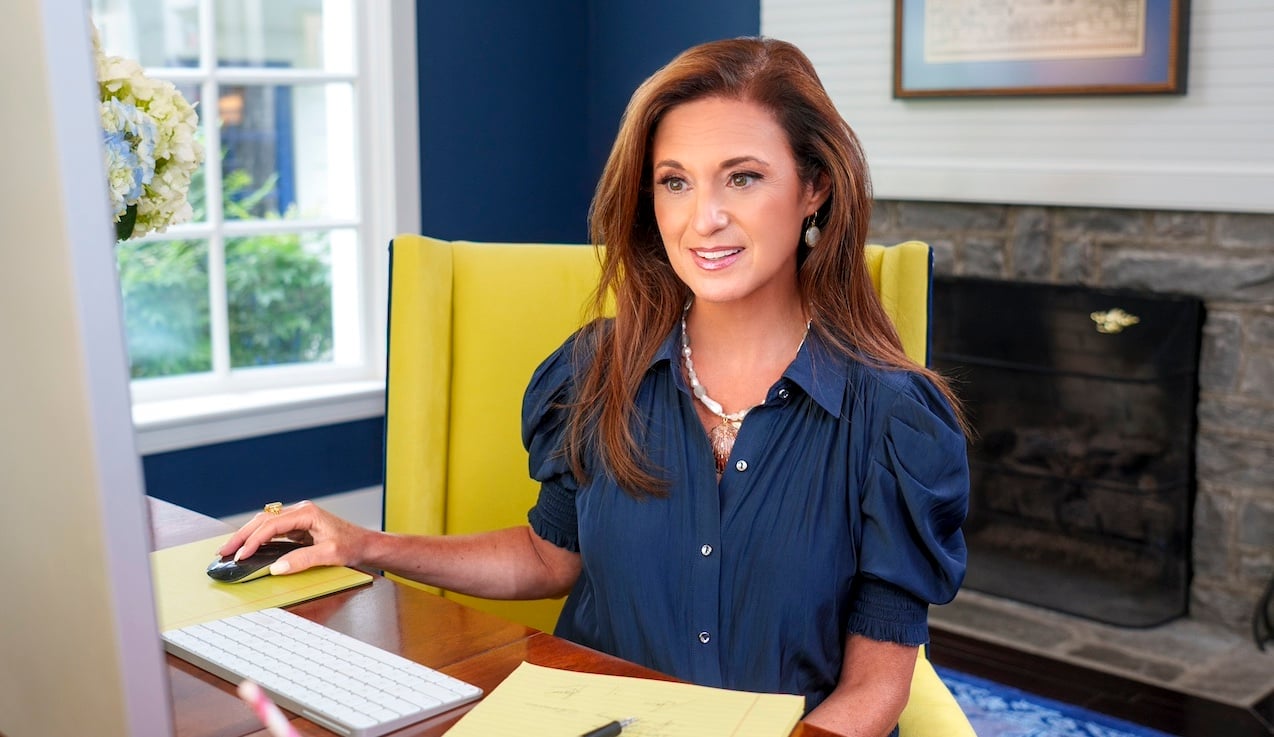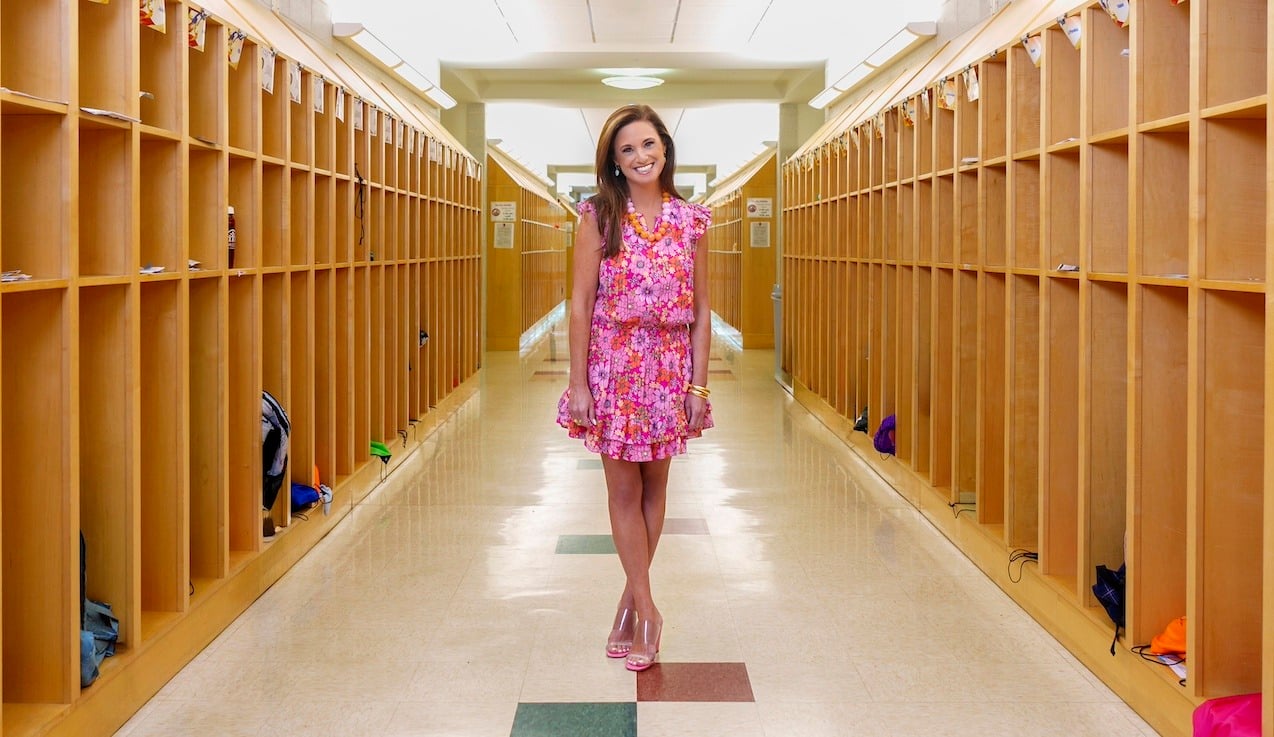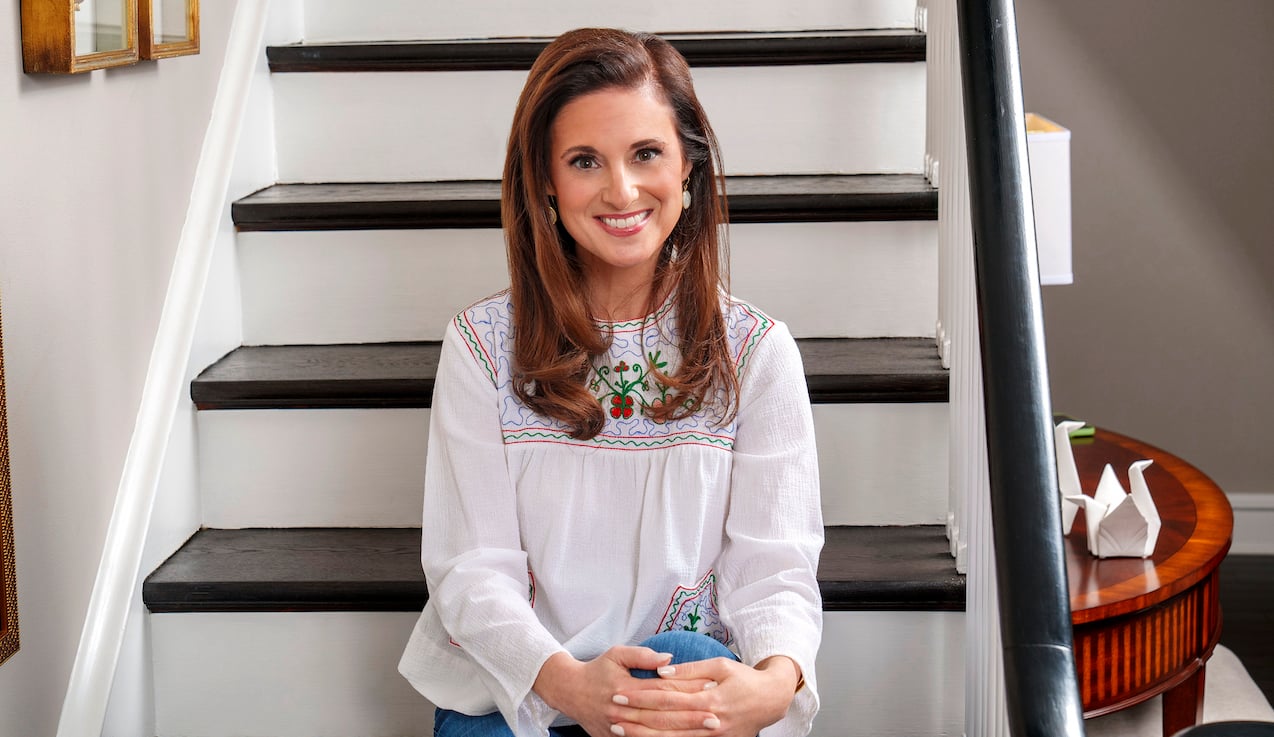One of my juniors at the school where I work is a budding filmmaker. Everything she does is deliberate in her quest to make a career in filmmaking.
When she needed capital to shoot her first short film last summer, she took a job at the local film institute cleaning up the theater at the end of each movie. In between gathering up tubs of discarded popcorn and candy wrappers, she stared at the credits on the big screen soaking up the names and the job titles in front of her. She dreams of being listed on the credits of a movie—maybe even her own movie—someday soon.
Last week she came into my office feeling dejected. She didn’t make the cast for the school musical and she wasn’t sure what to do with her unexpected free time this semester, including Spring Break when the cast rehearses every day leading up to opening night. She mentioned doing “research.” I grimaced. Everyone seems to want to do research these days because it sounds impressive, but the fact is that not everyone is cut out for working in a lab. She told me that she has always been interested in science, but more specifically, environmental issues.
The idea for an independent project came instantly to me. I told her, “I’ve got one word for you: Flint.”
She looked at me incredulously, not sure how to respond. “What do you mean, Mrs. Harberson?”
I told her that if she wants to do something that will have an impact, she needs to think differently about what a high school student can do. I suggested she consider taking her camera on a Spring Break trip to start shooting a documentary on the Flint water crisis in Michigan. I explained that our chair of the English Department, whom she works with as the advisor to the school newspaper, could give us some tips on how to make contact with families, experts, and community leaders.
She looked terrified. She said, “Mrs. Harberson, I can’t do that.”
“Why not? Just think about it over the weekend.”
Over the weekend, I wondered if I had pushed her too much. But the more I thought about it, the more I realized she was quite capable of turning this idea into a reality—with a little help and guidance from the faculty at our school. If she didn’t want to do it, I would respect that.
But I knew she could do it. And, I knew I could help her.
This morning before I could even unlock my office door, she came running down the hallway asking to speak with me. I thought, “Oh goodness. I must have really messed up.” But the smile on her face reassured me, and before we could even sit down, she blurted out, “I thought about what you told me and I want to do a film on Flint.”
That’s what I’m talking about, I thought.
Within 30 minutes we had a basic plan in place with a to-do list for her and me.
It’s one thing to stick to a traditional plan, but unorthodoxy can be a lot more rewarding. It just takes one idea and one determined student to make an impact—a real impact on the world around them. Every student has at least one thing that they refuse to give up on or compromise. Whether it’s filmmaking, poetry, building a business or working for one, students shouldn’t wait until they are out of college or all grown up to go after something grand.
"Good advice for students—no plan is too grand if you have passion #extracurriculars" TWEET THIS
You will need some support, and you should turn to your teachers, mentors, and parents first. We will be shockingly supportive the moment you share your grand idea with us. One step towards your goal is the start of a lifetime of going after what you want. It will give you confidence in your dream, and set you up for making an impact on your community, college applications, and your future.


